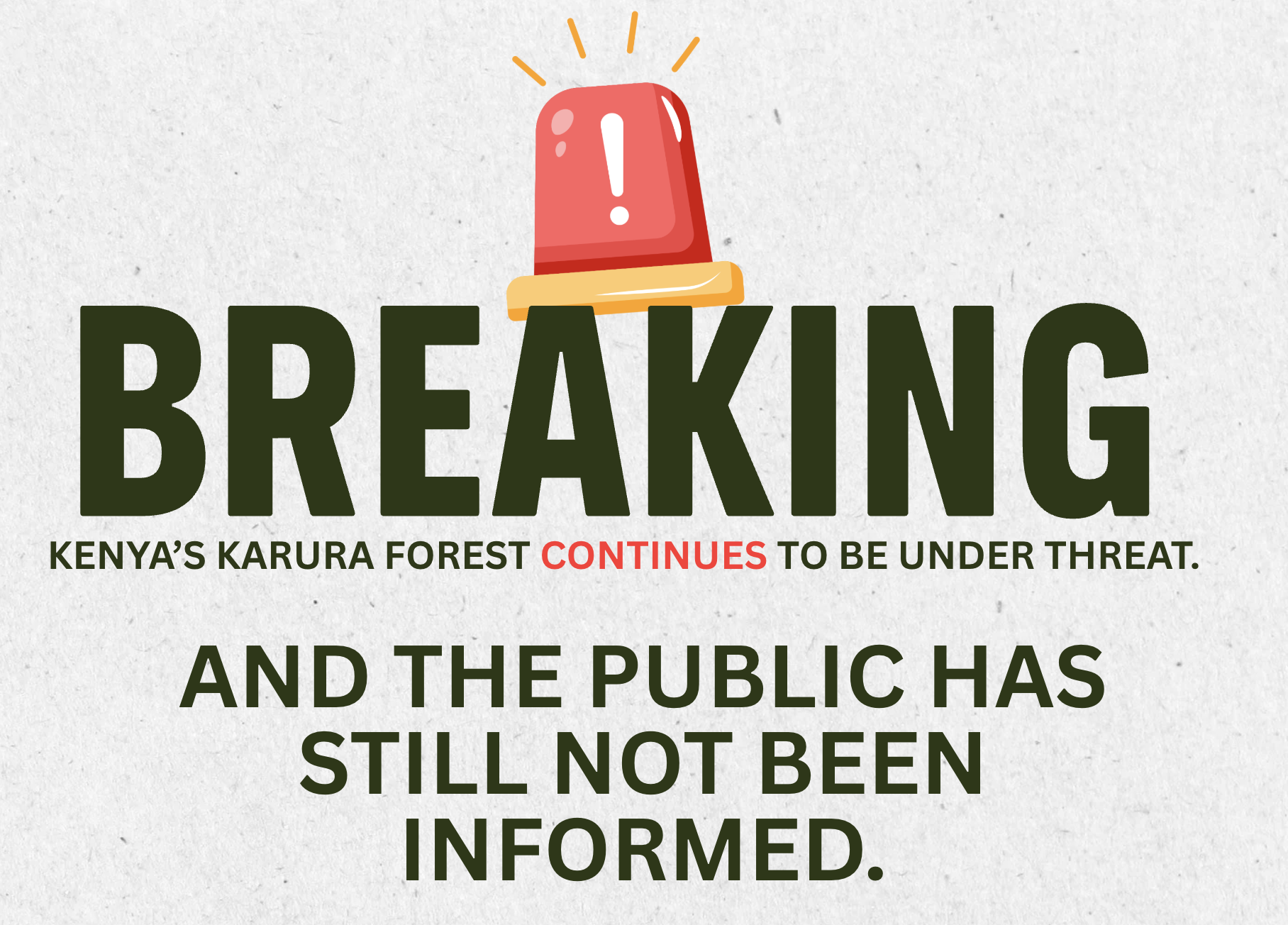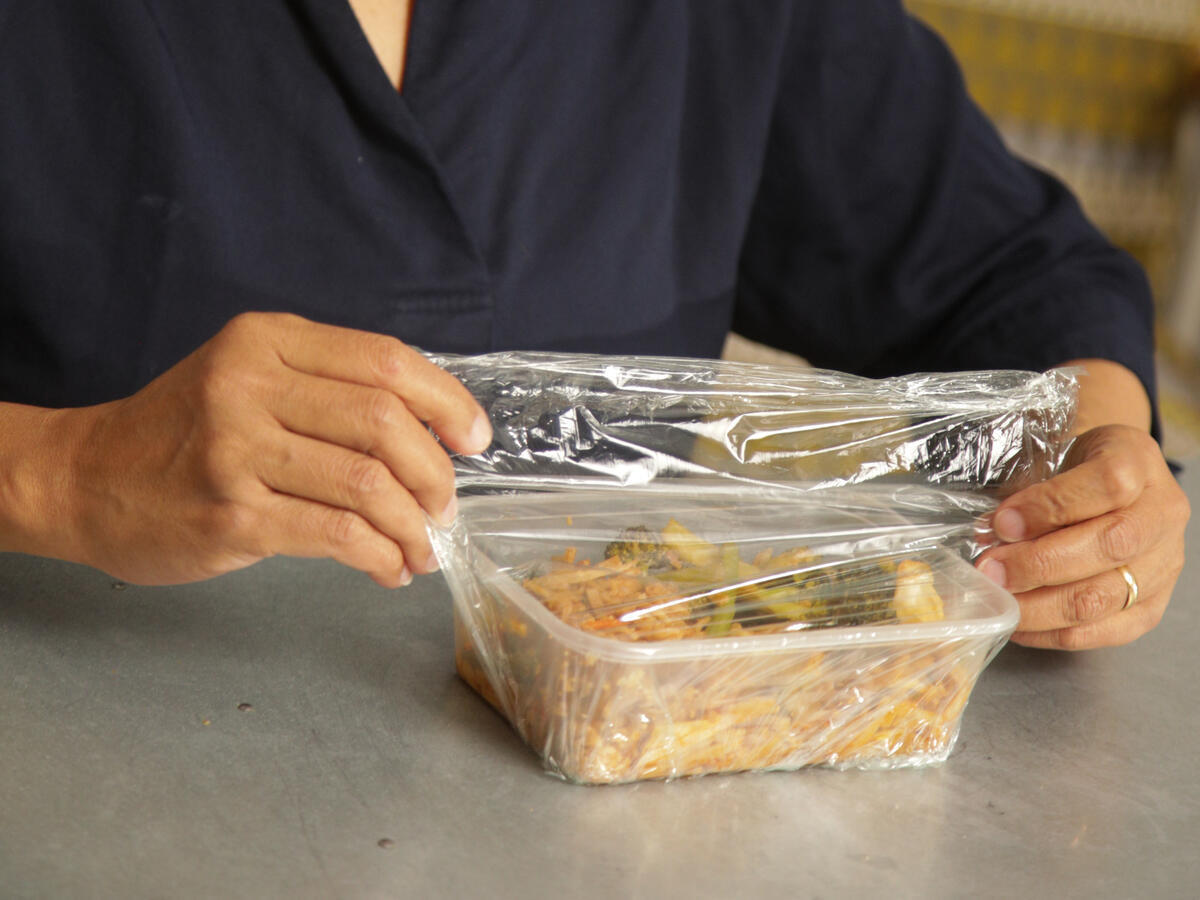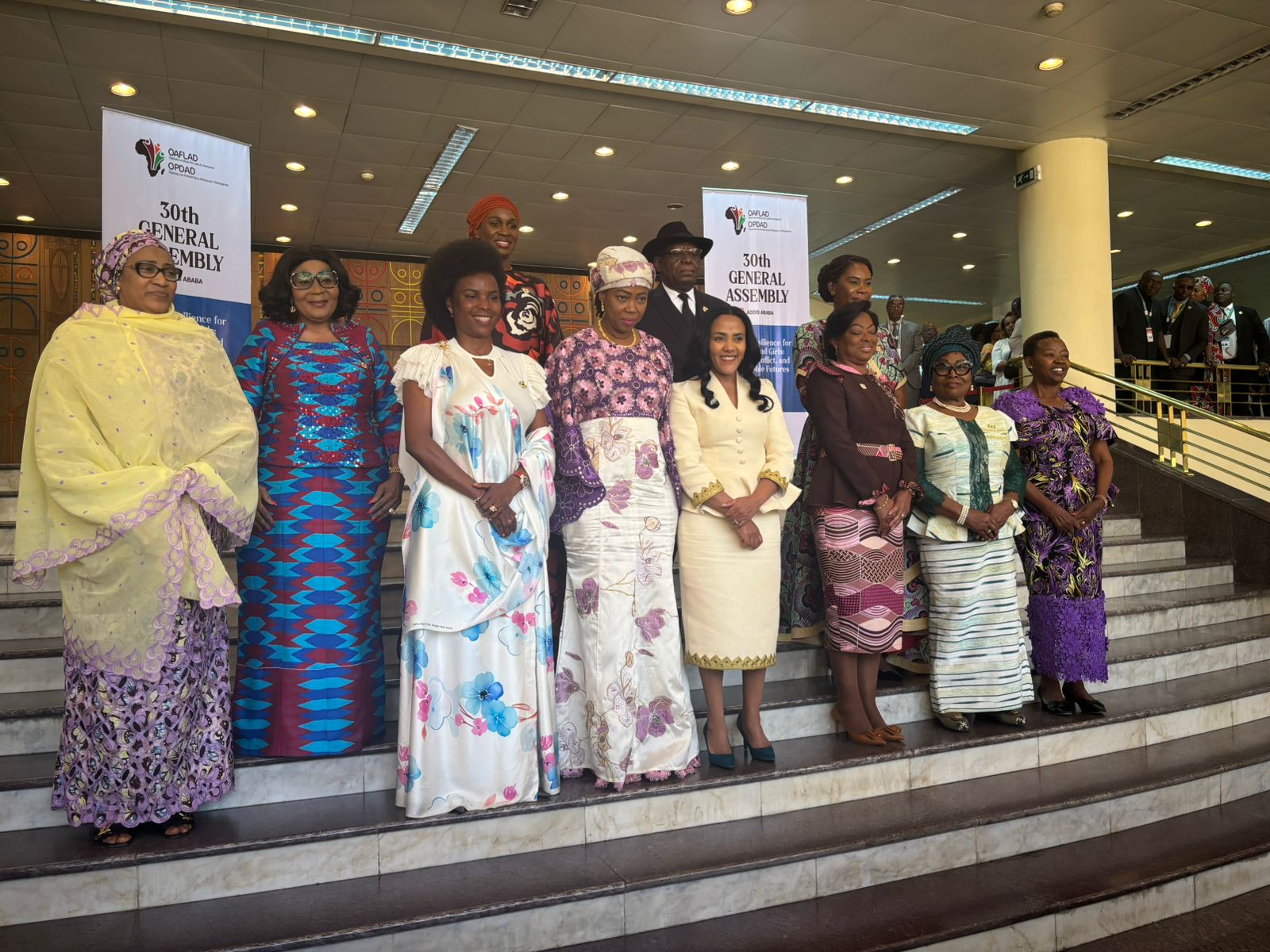Kinshasa, 23 May 2023 – The Anglo-French oil company Perenco has filed expressions of interest in two of the Coastal Basin blocks on offer in the giant oil auction the Democratic Republic of Congo (DRC) launched last July. Oil Minister Didier Budimbu visited the zone last Saturday to inaugurate new Perenco installations. A recent Greenpeace Africa field mission to the Coastal Basin, where the company has been present for nearly a quarter of a century, reveals strong opposition by local communities to any further fossil fuel activity, after years of pollution and abuse.
“No political elite in Kinshasa would accept to live in the oil-drenched ecosystems where Perenco drills, or accept the poverty and intimidation that constitute its legacy,” said Patient Muamba, Greenpeace Africa forest campaigner. “The DRC government must listen to its people and block Perenco from bidding to expand its toxic enterprise in the country.”
DRC’s only operating oil company, Perenco, is currently being sued in France by Friends of the Earth France and Sherpa in order to repair environmental damage. The firm is also being investigated by France’s National Financial Prosecutor’s office for “corruption of foreign public officials” in Africa. The multinational has a dark record in Gabon, Peru, and Guatemala, and is recently responsible for an oil spill in the UK.
The Congo oil auction has faced a barrage of criticism from Congolese and international scientists and NGOs as a potential cataclysm for human rights, the rule of law, biodiversity and the climate. Although deadlines for submitting expressions of interest have been extended twice, without explanation, it appears to have been shunned by Big Oil so far. Exploration contracts, most of which are to be signed during an election year in DRC, require the immediate payment of juicy signature bonuses.
Last month, just before the announcement of Perenco’s expressions of interest, Greenpeace Africa visited the three blocks of the Coastal Basin, a zone rich in mangroves located in the territories of Muanda and Lukula (Kongo-Central province), to talk with fishermen and fisherwomen, farmers, traditional leaders, young people, and local NGOs.
The pernicious impact of the oil industry is felt across the area and opposition among local communities is palpable. It echoes that of communities visited by Greenpeace Africa during three previous field trips since last July to six designated oil blocks in Equateur, Tshuapa, Haut Lomami, and Tanganyika provinces.
Only two days before our arrival, a huge fire broke out in Mangroves National Park, in a storage area for fuel imported from Angola. The Park is an internationally-recognized biodiversity hotspot, home to sea turtles, manatees and hippos. The oil explosion reduced approximately 500 m² of mangroves to ashes and caused significant water pollution. While Perenco wasn’t involved in the incident, it demonstrates the risks of expanding the oil industry in this ecosystem.
The company is infamous among locals. On 19 April Muanda was paralyzed by city-wide protests on various issues, some avenues barricaded with burning tires. Similar protests have been going on for years, often met by violent repression. Recently, residents have been demanding that a USD 10 million payment by Perenco be invested in the electrification of the city.
The villages lie within the Matamba-Makanzi II block, for which the Nigerian firm Century Energy Services and a certain “Kebo Energy” have filed expressions of interest. Perenco has filed expressions of interest for the Nganzi and Yema II blocks.
In Malela, a resident says no one there is aware of the existence of the oil auction: “We don’t understand why the government has to treat us as if we don’t exist and have no right to know what is planned for our lands.”
Already, restrictions imposed by the Congolese Institute for Nature Conservation (ICCN) for protecting the area’s biodiversity, are making life difficult for fishermen and fisherwomen. Some fear oil exploration would impose further restrictions.
In Kimbanza and Malemba, residents complained that no one from the Oil Ministry had come to consult them. They knew their area might be at risk – about a decade ago the oil company Surestream had carried out unsuccessful seismic studies in the area. Now they reject any new oil development.
One resident, who worked for Perenco for decades, wonders: “How can the government approve this kind of project without telling us anything?”
Malemba residents are working on a management plan for their community forest concession, awarded in January, which they hope will block any land grabbing by a government-backed Perenco: “No one will come and take our land away from us, we already have legal rights!” says one community member.
Inhabitants of Matamba-Makanzi, which lies within the Yema II block, say they received a visit from individuals presenting themselves as Oil Ministry officials, but the latter told them absolutely nothing about any oil tender. They were only looking for guides to accompany them to the boundary between the Yema II and Matamba-Makanzi II blocks.
Neither villagers nor local civil society groups are aware of any environmental impact assessment done in the past 25 years
Activists in the area listed the complaints that Friends of the Earth France and Sherpa have brought before the French courts. Several scientific studies, investigations from Congolese and international civil society organisations and the Congolese Senate have revealed the installation of wells and flares near homes and fields, oil spills, waste incineration, the dumping of sludge and toxic waste in rivers, and land erosion.
One of the local activists says: “The exploitation of oil impoverishes us and makes us suffer. Young people are being used for useless work. I’d never work for Perenco – even if it were the only employer in Kongo Central!”.
Perenco did not respond to our request for comment on the issues raised by local communities.
ENDS
Contacts: Raphael Mavambu,
DRC communications consultant,
Greenpeace Africa. [email protected]



